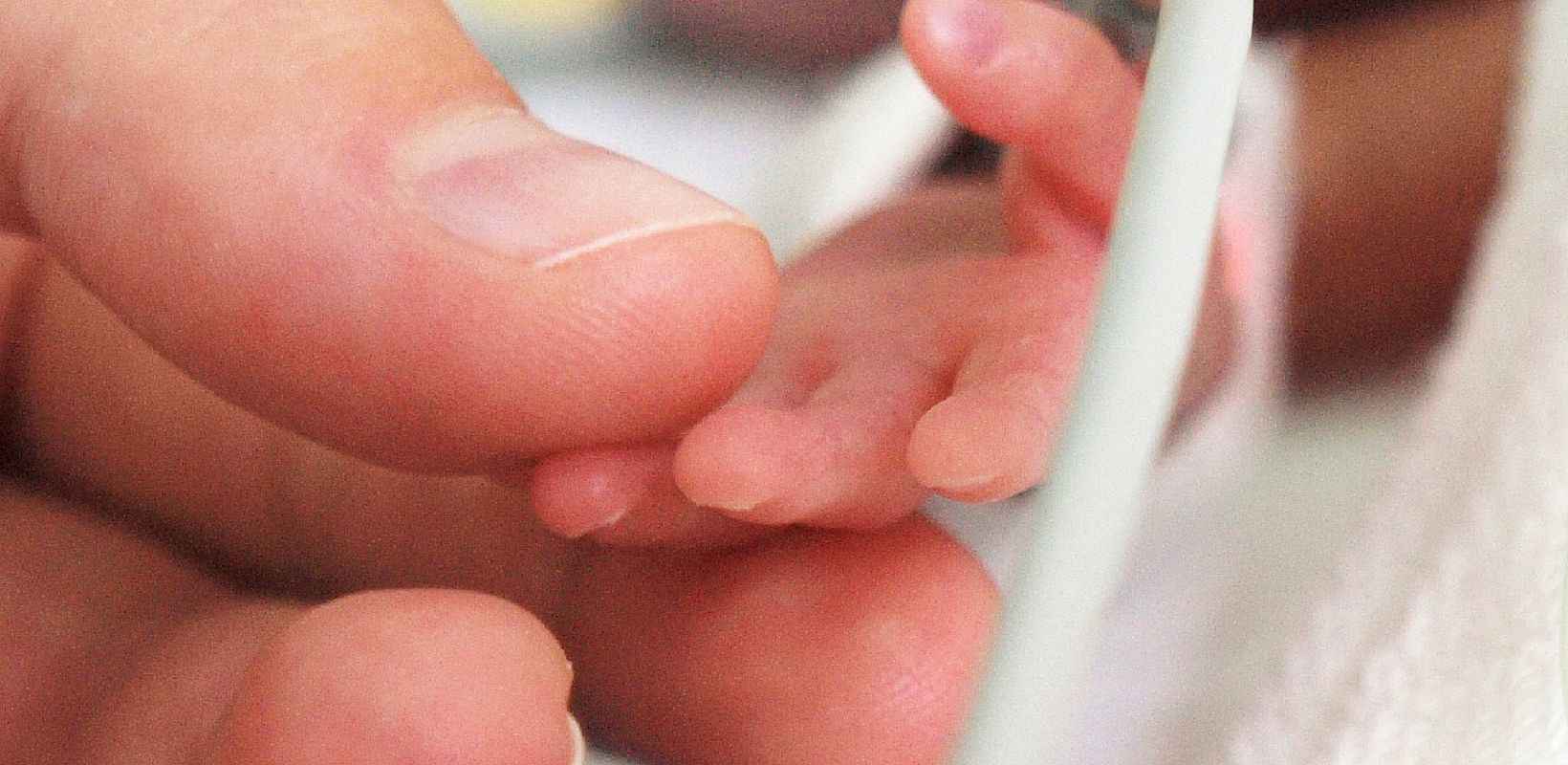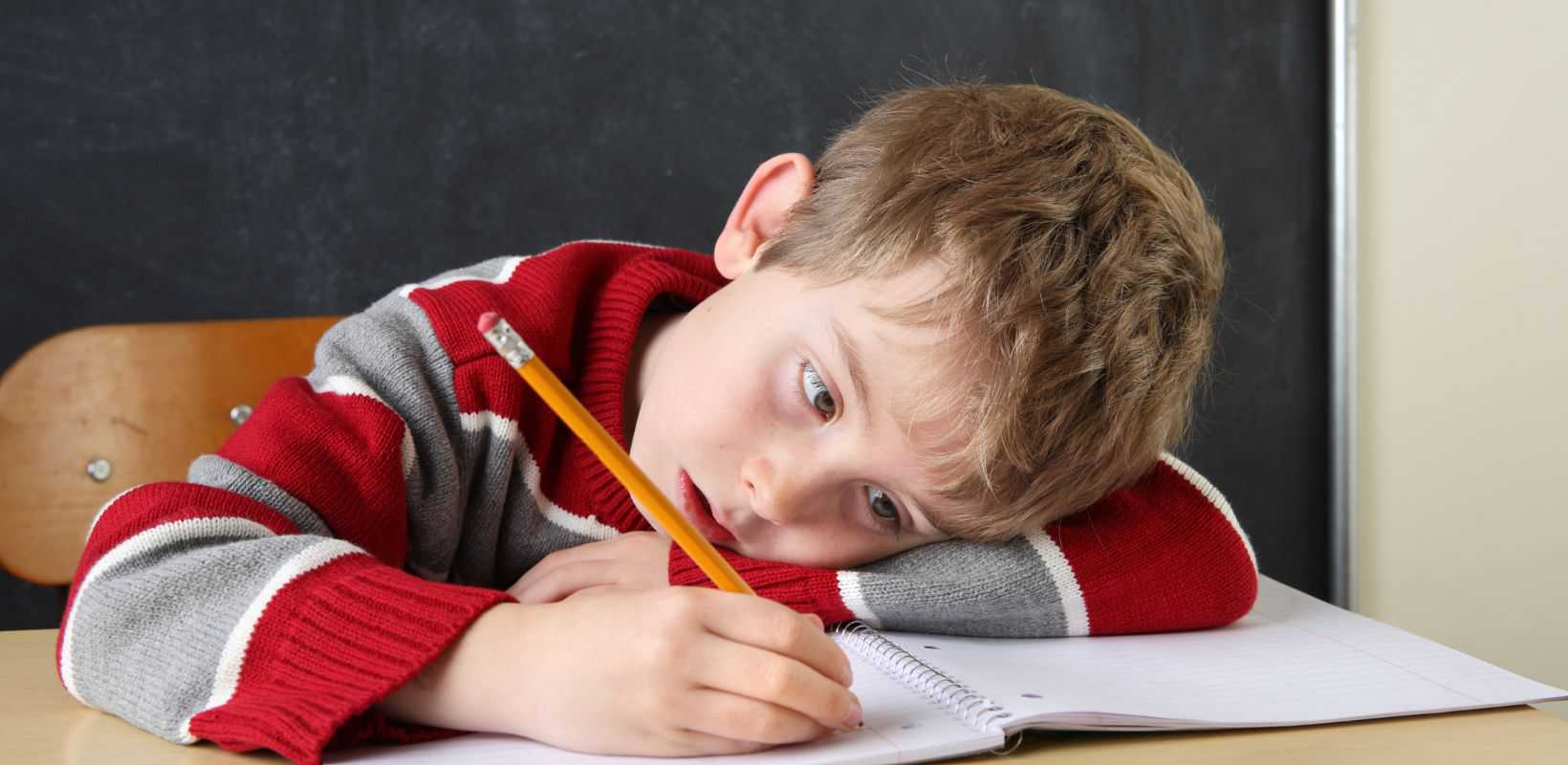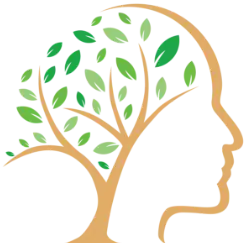Attention Deficit Hyperactivity Disorder
Join us on a journey through the basics of ADHD – the different types, common symptoms, what triggers it, and the game-changing treatments. Get ready to discover the fascinating world beyond the buzz and stereotypes.
What is ADHD?
ADHD, which stands for Attention Deficit Hyperactivity Disorder, is a neurodevelopmental disorder affecting both children and adults. It is a condition influencing people’s behavior, making them appear restless, struggle with concentration, and act impulsively. Furthermore, ADHD is a psychological health condition that not only impacts daily functioning but also hinders success in academic and professional settings.
What are the causes of ADHD ?
The exact cause of ADHD has remained unidentified by researchers; however, there is growing evidence that ADHD tends to run in families. Recent studies have linked genetics and biological factors with ADHD. In addition to genetics, researchers are investigating additional potential causes and risk factors, such as:
- Brain injury particularly to the frontal lobe
- Usage of alcohol and tobacco during pregnancy
- Premature birth
- Low weight at the time of delivery
- Exposed to toxins during pregnancy or at an early age
- Although not a direct cause, but parenting style, family stress, and social factors

Types of ADHD
- Predominantly Inattentive Presentation
- Predominantly Hyperactive-Impulsive Presentation
- Combined Type
Predominantly Inattentive Presentation:
The inattentive presentation describes problems with organization, attention, and staying on task. It is challenging for a child with ADHD to pay attention to the details or follow directions and conversations. The individual gets easily distracted or overlooks small details of daily life activities and may struggle to complete a task

If the following symptoms are present in a child he could be diagnosed with predominantly inattentive presentation:
- Makes careless mistakes in tasks at school or at home
- Have trouble staying focused on any activities
- Does not appear to be listening when talking to them
- Does not follow through on instructions
- Does not complete the given tasks such as schoolwork
- Does not pay close attention to details
- Do not likes tasks that require persistent mental effort
- Misplaces things including school supplies
- Forgets daily tasks
Predominantly Hyperactive-Impulsive Presentation:
This type of ADHD is characterized by symptoms of hyperactivity and impulsivity, such as restlessness, chattering, fidgeting, interrupting, and acting without thinking. Children with this type of ADHD may have trouble sitting still and may seem constantly running, jumping, or climbing.
Impulsive children may speak suddenly, seize objects from others, or interrupt others frequently. The person finds it challenging to follow instructions, stay silent or wait for their turn. Impulsiveness increases the likelihood of accidents and injury for some children.

- Fidgets with hands or feet
- Nervous movement while seated
- Unable to remain quiet and talks too much
- Unable to do any activities quietly
- Responds to a question before it has been fully asked
- Interrupts others while they are still talking
Combined Type
This kind of ADHD is diagnosed when both the inattentive and hyperactive/impulsive conditions are present in a person. This is the most common type of ADHD, and is characterized by symptoms of both types. Individuals with this type of ADHD may have trouble paying attention and staying focused, as well as being restless, fidgety, and impulsive

What are the symptoms of ADHD?
The following common symptoms are frequently seen in children with Attention Deficit Hyperactivity Disorder:
- Have trouble paying proper attention
- Have a lack of focus on details
- Have a tendency to make careless mistakes
- Have a habit of losing classroom supplies
- Have difficulty listening to instructions
- Have a tendency to interrupt others while they are still talking
- Have trouble finishing classwork and homework
- Have an impulse to respond quickly out of impatience
- Have difficulty playing quietly
- Have difficulty paying attention
- Have a habit of constantly fidgeting
- Have trouble staying in their seats
- Have a tendency to pretend to be inattentive
- Have a tendency towards excessive talking
You are not alone; help is here
ADHD and School-Aged Children
Children who are in school can be significantly affected by ADHD since it can have a direct impact on their progress in school, social relationships, and overall well-being. Children with ADHD may find it challenging to maintain attention and organization in the classroom, which can result in low scores and difficulties doing homework. Additionally, they could struggle to obey rules and get along with their friends, which can make them feel lonely, frustrated, or low on self-worth.
However, schools and by law prohibit teachers from diagnosing ADHD by themselves, choosing any treatment plan, or asking that a student take the medication in order to attend class. These decisions regarding a child’s healthcare are only permissible for parents, guardians, and the doctor.
ADHD And Adults
Sometimes, a childhood ADHD diagnosis is overlooked, but ADHD is not just a childhood disorder, as it can continue into adulthood and have a significant impact on an individual’s daily life.
Adults with ADHD may struggle with planning and time management, finance handling, following directions, focusing and finishing work, managing stress, and impulsivity. Some adults may also have relationship issues or social interaction issues. Adults with ADHD experience feelings of anxiety, depression, and low self-esteem.
Nevertheless, with the right diagnosis and treatment, adults with ADHD can learn coping mechanisms to manage their symptoms and improve their lives. Adults with ADHD may receive therapy, medication, and guidance on lifestyle changes.
Methods to Diagnose ADHD
Moving on to methods of diagnosing ADHD, it’s noteworthy that there is no single test due to overlapping symptoms with other psychological conditions, such as anxiety, depression, and sleep disorders. Diagnosing ADHD requires a careful review of symptoms. A qualified psychological health professional, typically a psychiatrist, can assess the symptoms.
Overall the evaluation is comprised of three steps:
1- Verify the presence of symptoms.
2- Confirm that the symptoms are not the result of other psychological health problems.
3- Determine the presence of co-existing psychological health disorders, such as depression, or anxiety.
Technically, to be diagnosed with ADHD inattentive type, adults must have:
To be diagnosed with inattention, at least five or more symptoms must persist for a minimum of six months. These symptoms should not be attributed to any other mental disorder and must disrupt or hinder one’s social life. Additionally, some symptoms should have been present before the age of 12.

What treatments are available for a child with ADHD?
The majority of the time, counseling is used as the treatment process for school-aged children. The suggested first-line technique for preschoolers and younger kids comprises behavioral techniques and therapy in the form of parent management training and school intervention.
Parent-Child Interaction Therapy (PCIT) is an evidence-based therapy designed to help young children with ADHD. Other treatments for preschool-aged children with ADHD include classroom accommodations, occupational therapy, and social skills training. Medication is generally not recommended for children under the age of six.
What treatments are available for an adult with
ADHD?
There are numerous methods for treating adults with ADHD, but typically a combination of medicine and behavioral therapy achieves the best outcomes.

Medications:
Psychostimulants, antidepressants, and non-stimulant medicines are the three main groups of prescribed medications used to treat this.
Behavior modification:
Adults with ADHD may be treated using a variety of methods. Cognitive-behavioral therapy (CBT) assists patients in identifying problematic habits and developing and putting strategies into practice, like self-regulation, behavior change, and goal-achieving.
Another type of therapy is acceptance commitment therapy, which focuses on empowering people to follow their own values and act in ways that are consistent with those values rather than attempting to alter the person.
Coaching:
A relatively new strategy that has gained popularity in recent years is coaching. Coaches assist individuals with ADHD in managing daily challenges by providing feedback, recommendations, and encouragement while directing them to their own solutions for problems.
Lifestyle changes:
Exercise, a balanced diet, and adequate sleep can help reduce symptoms of Attention Deficit Hyperactivity Disorder. Adults can also benefit from using organizational tools like calendars and reminder systems to keep on task and handle their everyday responsibilities.
